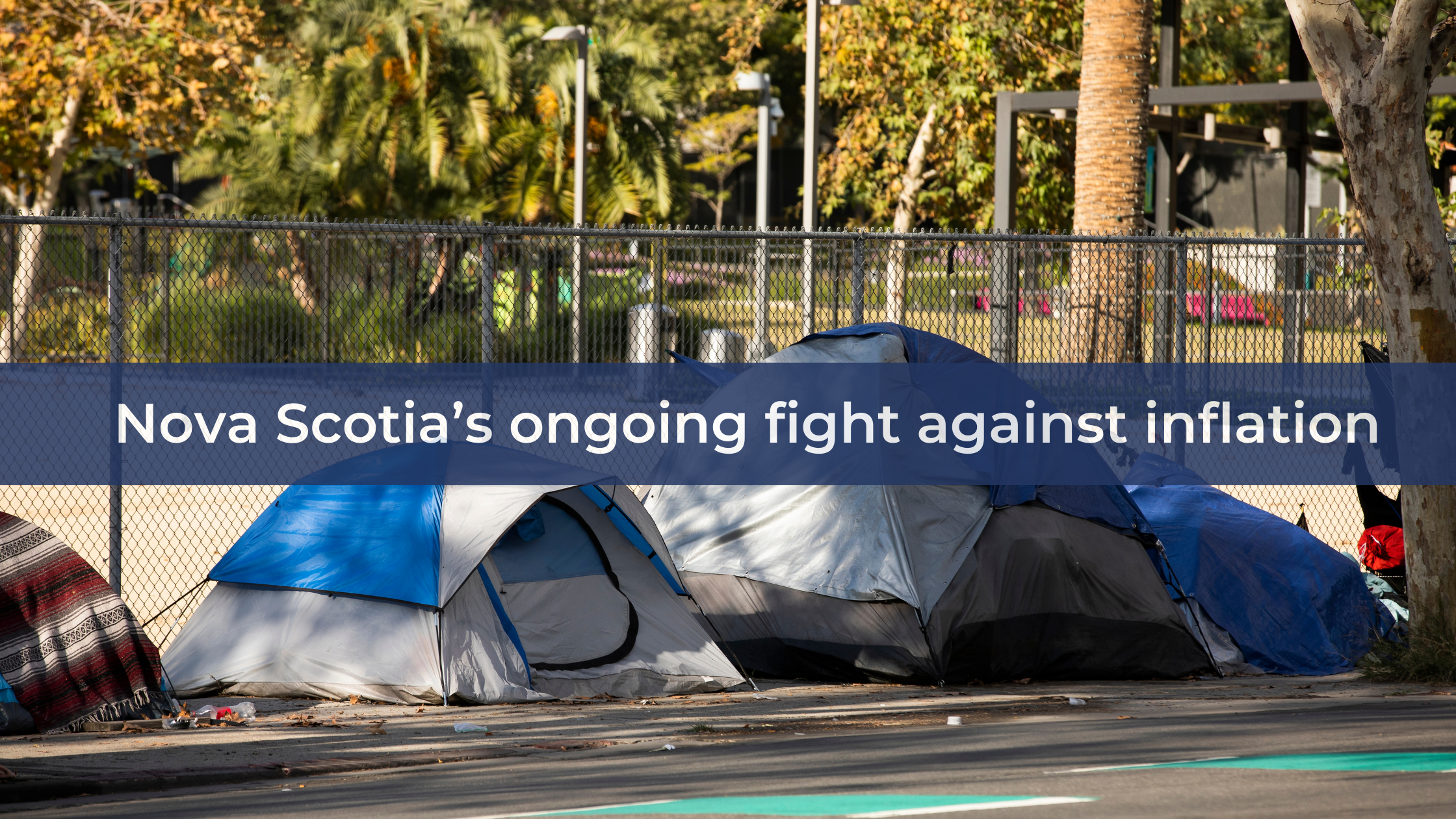Many Nova Scotian residents have been awaiting a resolution to the inflation crisis. The growing number has lowered expectations for a prompt response.
According to the Nova Scotia Department of Finance, the inflation crisis began in 2021 when food, energy and housing prices increased due to COVID-19. These costs have steadily risen through 2022 and even into 2023 with no end in sight. This constant increase makes it difficult for the average Nova Scotian to have a stable life where their basic needs are met. A recent CBC News article reported that Nova Scotians must earn at least $25 per hour to keep up with inflation demands, but the minimum wage still sits at $15 per hour, hoping to rise to $15.50 later this year. Many people cannot meet the requirements for a higher-earning job since businesses demand more education or experience for these higher-paying positions.
To resolve the presidential crisis, we need to know how the people in charge of this province plan to fulfill the necessary demands. The provincial government representatives have the job of protecting its citizens, who are continuously concerned about things like loss of shelter, food, how they will get to work and whether they will be able to use their heating system during the extremely harsh winters that Nova Scotians are all too familiar with. Made in CA, which highlights the cost of living in Nova Scotia, noted that the rental market has also seen a significant rise in rent. In 2022, the average monthly cost of an apartment with one bedroom was $1,600, and the average monthly cost of an apartment with two bedrooms was $2,000, an astonishingly high amount compared to the pre-COVID-19 crisis. According to The Coast, even more people now need to use Nova Scotia’s housing shelters due to rent increases. Still, even the cost of shelters has increased nationwide during a period when Halifax’s homelessness rate has more than doubled.
Regrettably, the food price inflation cascade has resulted in a nationwide rise in food prices, with the Atlantic Provinces reporting the highest inflation, according to Nova Scotia’s Department of Finance. As more and more individuals turn to food banks, Feed Nova Scotia, a nonprofit organization, is concerned, the province isn’t doing enough to shield low-income residents from the growing cost of living. The burden on the province’s food banks is so dire that they have to cut back on the amount of food they can give out to people. While donations are a major source of funding for Feed Nova Scotia, they are left to spend money they don’t have on purchasing more food, or else some may have to police food bank users’ food intake to unhealthy levels. People who cannot afford enough food to feed themselves or their families now have fewer resources or options to turn to as food banks adjust to accommodate more Nova Scotians. Which is no situation or way to live.
However, a CBC News article reported that Feed Nova Scotia provided some recommendations released by the NDP to deal to help with the rising cost of living. These recommendations included an increase in income, improve the rental-control system, and invest in more affordable housing. In the end, the government, charities and corporations will have to come together to begin solving the issue head-on.
Written by: Athena Alderman, Symmetry Writer and Editor





